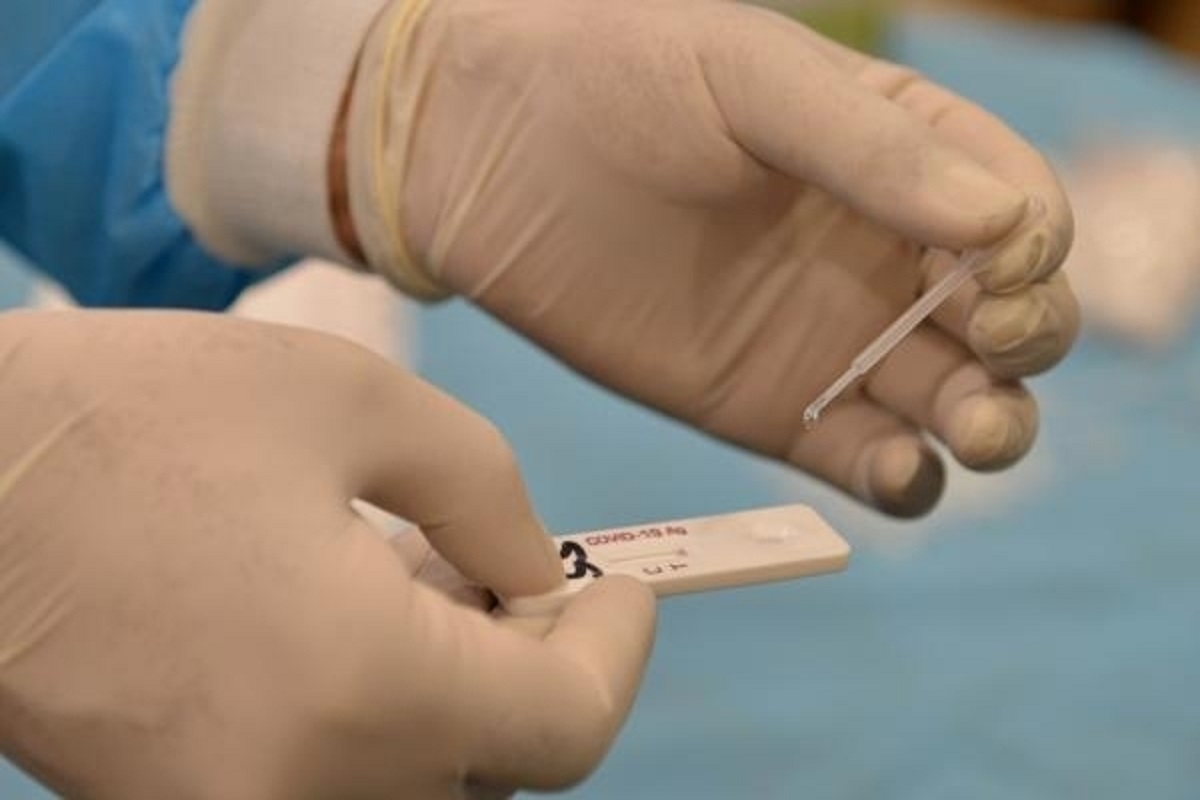In last two months, the Indian Council of Medical Research (ICMR) has found a total of 192 Covid-19 cases of the new variants of mutated SARS-CoV-2 including four from the variant emerging in South Africa and one from the Brazilian variant, officials said on Tuesday.
The remaining cases are of the UK variant.
Advertisement
All five have been quarantined and all their contacts have been isolated and tested.
According to scientists, the South African and Brazilian strains can more easily infect a person’s lungs than the UK mutation.
Prof Balram Bhargava, the ICMR Director-General, however, noted that no mortality has been reported so far in the cases who contracted the UK variant as well as those who are infected by the variants from South Africa and Brazil.
Bhargava said that the SA variant’s, better known as B.1.351, cases were reported in January in four returnees from African countries.
“One case was found in a person who returned from Angola, one from Tanzania and rest from persons who returned from South Africa,” he said.
Bhargava added that this variant has spread to 44 countries and the National Institute of Virology, Pune is attempting to isolate and culture the variant.
“The efficacy of vaccines on it will be known after the isolation and culture of the variant,” he said.
Meanwhile, the Brazilian variant or P.1 lineage, has been found in the first week of February in a person who returned from Brazil recently. The strain has spread to 15 countries. However, it has been successfully isolated and cultured at the NIV in India, he added.
“The experiments are underway to assess the efficacy of vaccines on the Brazilian variant,” Bhargava said.
According to the World Health Organisation (WHO), the new strains are more contagious and spread faster, and vaccines could be less effective on these patients, although there is no proof.
All three strains have gone through changes to their spike protein, or the part of the virus which attaches to human cells, and they seem to be better at infecting cells, according to scientists.
(With agency inputs)











